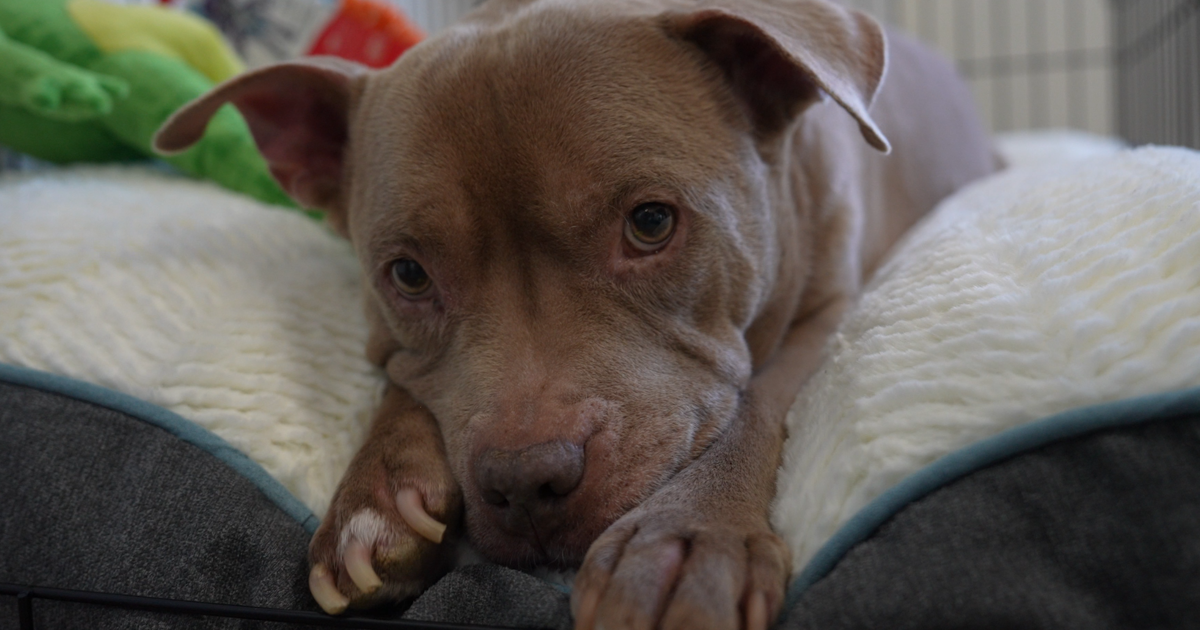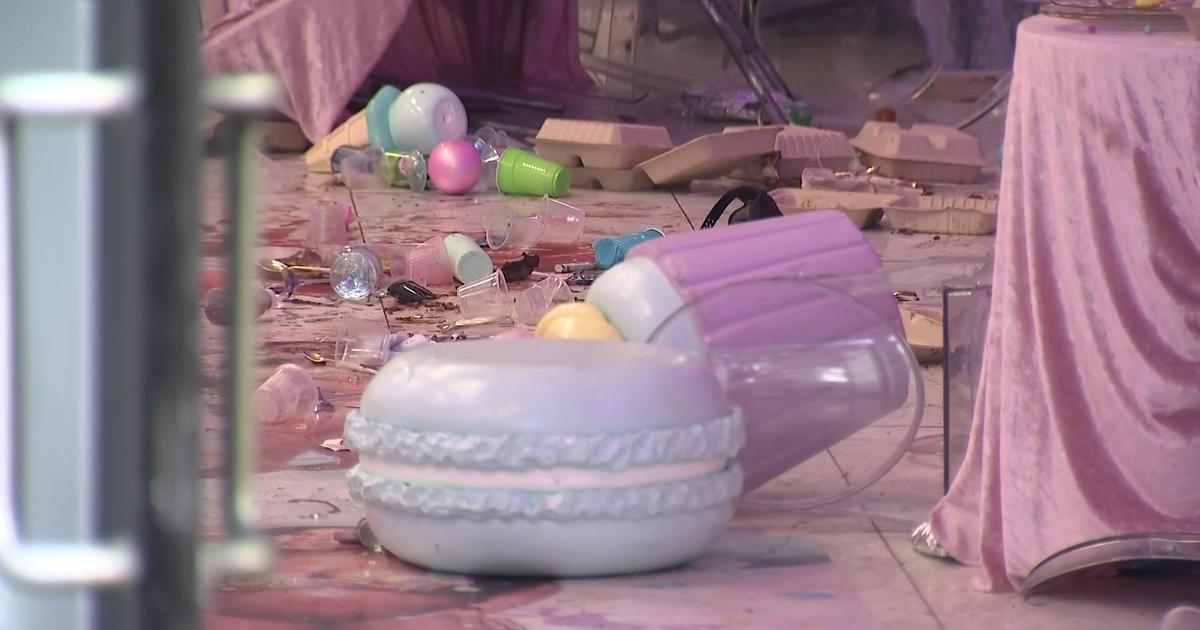Coping With Fear In The Wake Of The Boston Marathon Tragedy
NEW YORK (CBSNewYork) -- Is living in fear becoming the new norm?
According to one clinical psychologist, it is.
In the way of the Boston Marathon bombings, trauma specialist and clinical psychologist Dr. Patricia Saunders joined WLNY's The Couch on Tuesday, where she said the impact of television and social media are changing the way we cope with tragedy and fear.
PHOTOS: The Aftermath Of The Boston Marathon Bombings
"Because of the increasing awareness and incidence of traumas - they've been all throughout history - but because of media we're that much more aware of them. Because of technology, they're not much more horrible," Dr. Saunder said. "I think this is the new norm now."
For anyone, the bombing at the Boston Marathon remind us of our own vulnerability. As Dr. Saunders said, there is no such thing as a 'typical' reaction.
"People's reactions to events like this are normal reactions. It's the way that our brain is built, it's the way that our brain protects us from overwhelming events - which is by definition, what trauma is - things that are beyond our ability to cope with." she said. "More primitive parts of our brain take over."
"What people typically experience initially is feeling numb," Dr. Saunders added.
When it comes to managing our emotions, they are coping mechanisms we can use to help.
"The most important thing that we have is our support system," she advised. "There [are] some people that really need to talk about it. Just listen to them."
Don't offer troubled people with words of solace or rationalization.
"People just need to be heard," Dr. Saunders said. "In fact, it's part of the brain's own therapy. Putting these experiences into words, it helps people."
Don't ask people "What happened?" but rather, ask how a person is feeling about the situation.
The same goes for talking to your children about the tragedy. Ask your kids what they know about the incident, and how they are feeling about it.
Talk to them in what Dr. Saunders called "kid speak."
"Something really bad and scary happened today, and what do you know about it?"
You want to find out what your child's experience of it was. Kids often distort what they saw and what they heard.
"You want to correct the reality for them, but it should be in kid language and in kid-sized bites," Dr. Saunders said. "And turn off the television."
Scholastic Magazine editor-at-large Suzanne McCabe has been helping teachers answer questions from students about the Boston tragedy.
"With young people, we don't want to give them too much information. Just basics - and let them ask questions and let them be the leaders and guide how the discussion will go," McCabe told WCBS 880's Marla Diamond.
Coping With Fear In The Wake Of The Boston Marathon Tragedy
McCabe's guidance is colored by her own loss. Her brother was killed on 9/11.
"We know the solace that can come with reading and being informed and learning," she told Diamond.
She added that in the midst of darkness, children can be reassured by reading tales of heroism.



